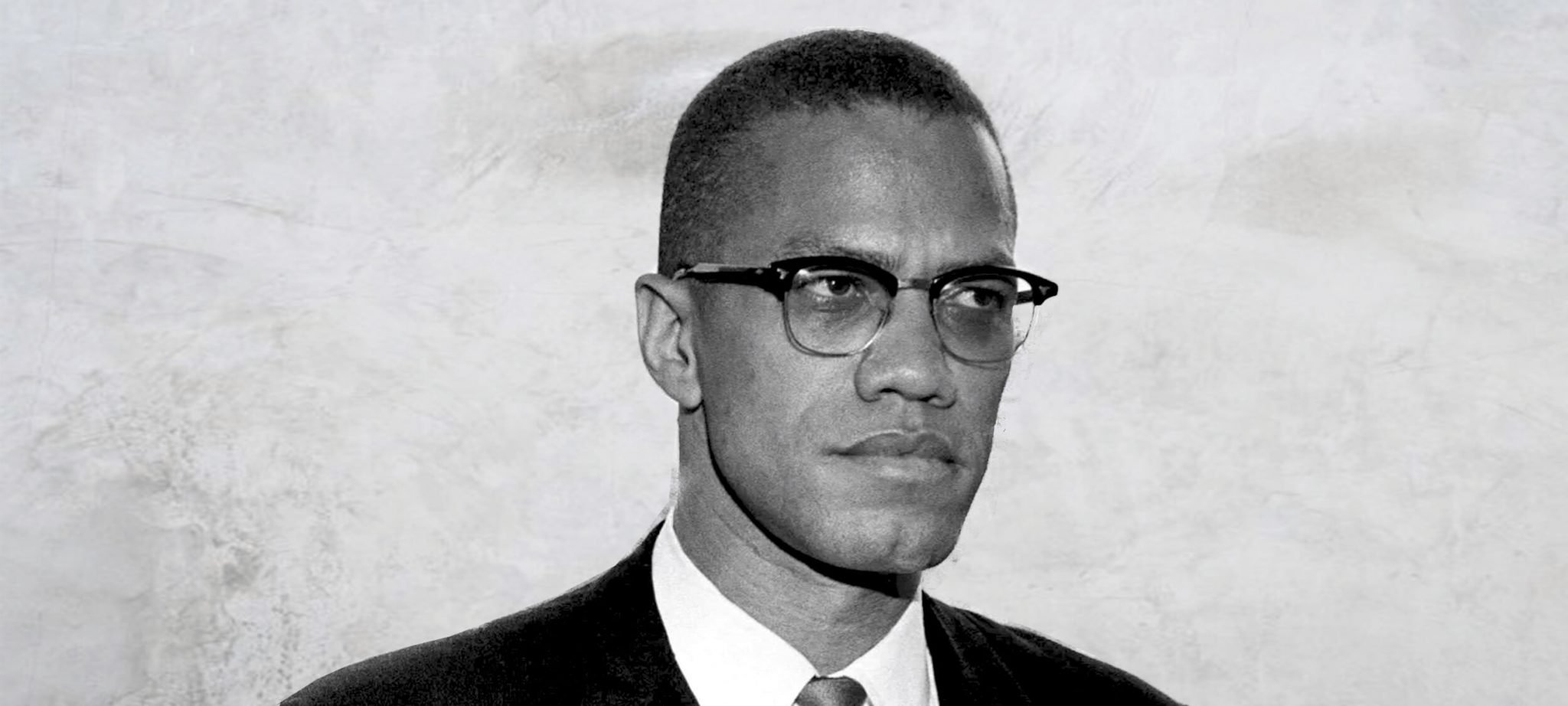The idea of a black nation seems so far-fetched as to be ludicrous, but if you entertain it for a minute, even as an impossible dream, it should give you a feeling of wholeness and belonging you’ve never had and can never have as long as blacks have to live in a country where they are despised. – Julius Lester
Derrick Bell, founding father of critical race theory, used the previous quote as the epigraph for his short story, The Afrolantica Awakening, in which an island emerged out of the Atlantic Ocean. Imperialistic nations saw it as an opportunity to conquer and were swiftly defeated by the island itself: the air pressure appeared to be twice the level at the bottom of the sea. But as people continued to explore, they reached a startling conclusion: only black people could survive on this island.
Login to read more
Sign in or create a free account to access Subscriber-only content.
